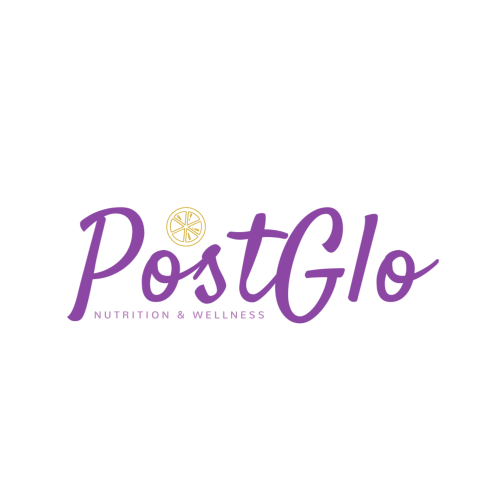Is Cow Breastmilk Liquid Gold?
Meg Volley, PostGlo Intern
October 25th, 2023
What if I told you the newest nutrition trend was consuming cow’s breast milk? Colostrum, or the milk that a mother produces in the first days after giving birth, has a myriad of health benefits for newborns, serving as a source of immunoglobulins, antimicrobial peptides, and growth factors to strengthen the newborn’s immune system and support growth.1 All mammals produce this milk known as “liquid gold,” even humans! The question is whether adult humans can obtain the health benefits of colostrum by consuming bovine, or cow’s, colostrum.
In our last blog post, we introduced the first post of our new series where we’ll dish out the truth on popular nutrition trends. In our first installment, we sorted through the research on the highly controversial seed oils. Today, we’ll get to the bottom of bovine colostrum.
Bovine colostrum is commonly used in veterinary medicine to prevent and heal illness in a variety of animals. Despite its recent popularity, many cultures have been consuming fresh liquid colostrum for its proposed health benefits for years. While both human and cow mothers produce colostrum, bovine colostrum has more growth factors, immunoglobulins, and protein. Pasteurized colostrum has become popular for humans to consume in capsule or powder form, with some users even mixing the powder into their coffee!
Among bovine colostrum’s proclaimed health benefits include improved gut health, and increased strength and performance in athletes.
Before digging into the science behind these claims, let’s explore two of the biggest issues in research of bovine colostrum: immunoglobulin survival rate in the human digestive tract, and bioactivity inconsistency between samples. Scientists are still unsure about if/ how immunoglobulins (which help immune function) from bovine colostrum can survive in the human digestive tract.2 If the advantageous properties of bovine colostrum are deactivated in human stomach acid, how can they provide any benefit?! Another concern is variability in bioactivity of samples. Factors such as storage, processing, pasteurization, and time of collection following the mother’s birth impact the bioactivity of bovine colostrum, making it difficult to evaluate its efficacy in improving certain health markers in humans.1
Nonetheless, bovine colostrum’s health effects have been studied in certain populations. An exciting discovery is that bovine colostrum may accelerate gut healing in those suffering from NSAID gut injury, short bowel syndrome, chemotherapy induced mucositis, and inflammatory bowel disease.1, 3
Another population in which bovine colostrum use has been studied is athletes. A systematic review looking at 28 articles found that bovine colostrum might boost immunity and decrease risk of upper respiratory infection in athletes, yet the evidence from these studies is not the most reliable due to small sample size and risk of bias.4 Another study found that the benefits of bovine colostrum for athletes, including improvements in lean tissue mass, muscle thickness, and upper body strength, weren’t much different than the effects of whey protein supplementation.2
So, does bovine colostrum consumption show some possible benefits for certain populations? Yes! Is more research needed to confirm all the alleged benefits among many different populations? Also yes! The research in this area is super exciting, but it’s important to observe it in its context rather than rushing to call bovine colostrum a cure all for everyone and everything.
As always, we’re here to help you sift through the science behind nutrition trends. Stay tuned for our next blog post and more updates from PostGlo!
References

